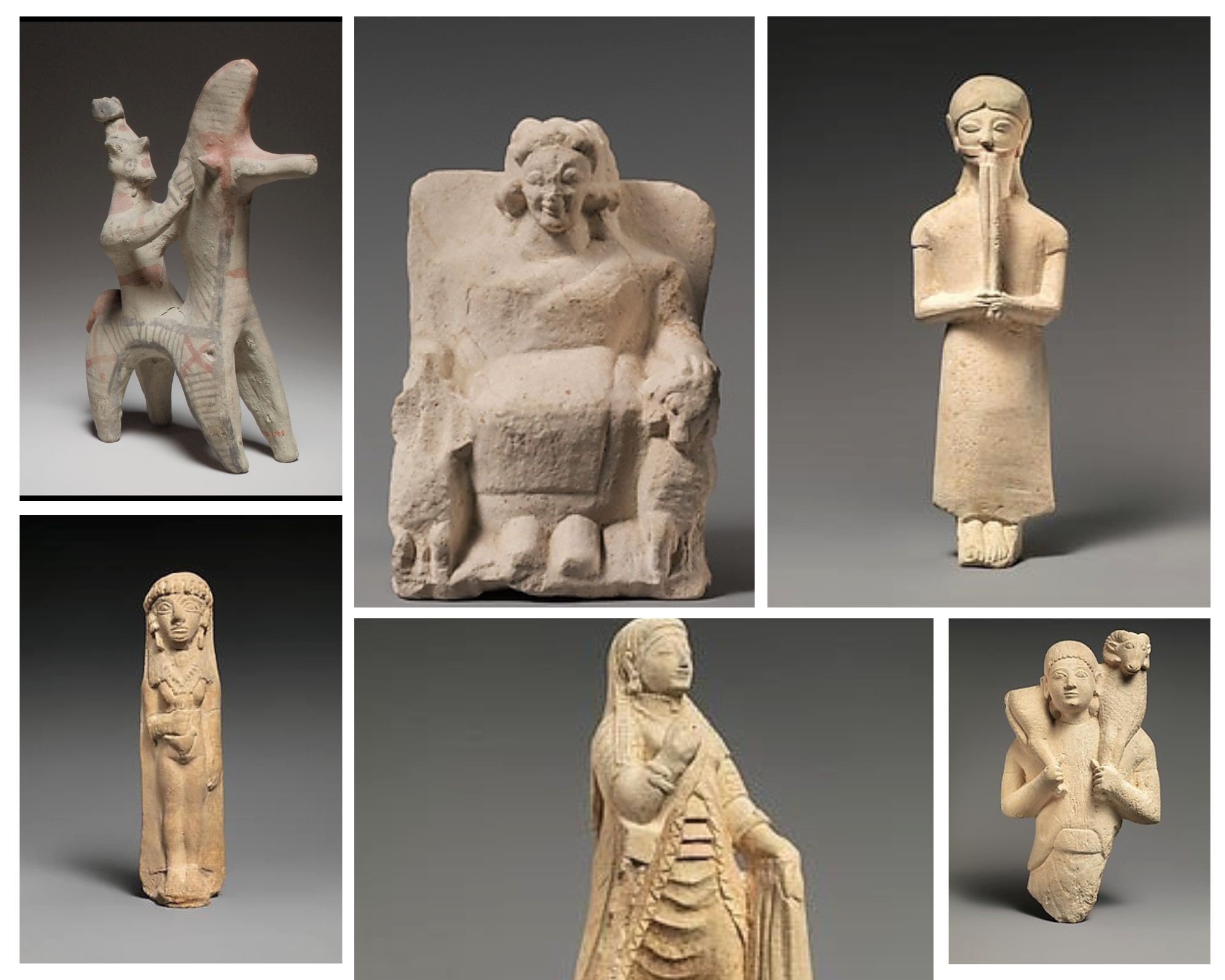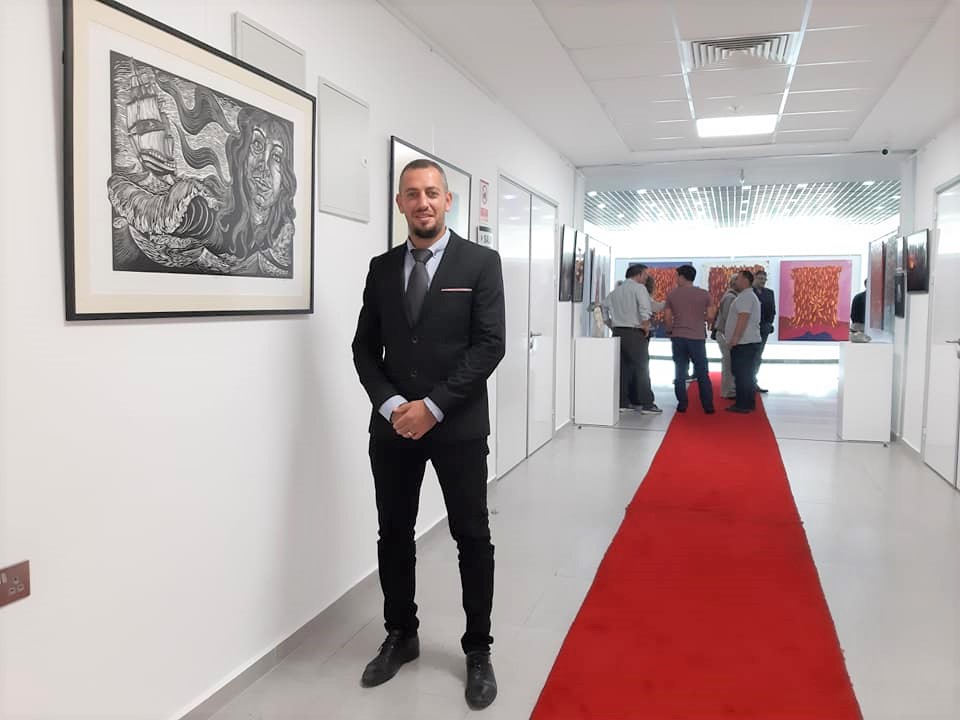
Near East University Faculty of Fine Arts and Design lecturer Selçuk Yalovalı’s study titled “Visual and cultural analysis of Cypriot archaic human figurines”, in which he examined the human figurines belonging to the Cyprus archaic period in the Cesnola Collection of the New York Metropolitan Museum, was published in the “Euroasia Journal of Social Sciences-Humanities”. The study, which was produced from the master’s thesis that Yalovalı carried out under the supervision of Near East University Faculty of Fine Arts and Design, Head of Plastic Arts Department Assoc. Prof. Dr. Yücel Yazgın, was also shared with the scientific world at the 8th International ZEUGMA Scientific Research Congress.
History of Cypriot culture traced
The study, in which human figurines belonging to the Cypriot archaic period in the Cesnola Collection of the New York Metropolitan Museum were examined and analyzed, revealed important results about the formation of culture on the island, its effects on art, and the importance of art.
In the research, the formation stages of Cyprus’ unique culture, the effects of commercial and political life on Cypriot art, and the effects of strengthening the bond between past cultures and today’s culture on today’s art were emphasized. The archeology collections of the Metropolitan Museum, which is the most important data source on this subject, were used in the study, in which the human figurines belonging to the Cypriot archaic period were examined and the information about the lifestyle and belief styles of the society they belonged to revealed.
Stating that the visual analysis of the figurines is based on archaeological data, Near East University Faculty of Fine Arts and Design lecturer Selçuk Yalovalı stated that the figurines were divided into seven different categories in the categorical analysis. He stated that there are worshiping human figurines, instrument-playing figurines, warrior figurines, god and goddess figurines, figurines related to fertility, figurines related to daily life and figurines that cannot be included in any category.

Selçuk Yalovalı: “Strengthening the bond between past cultures and today’s culture also increases the value of today’s art.”
“The island of Cyprus has attracted the attention of archaeologists, historians, artists and many researchers from different disciplines due to its cultural diversity,” said Yalovalı, adding that during these periods there was a transition from Near Eastern and Egyptian influences to Greek characteristics.
Selçuk Yalovalı, “Today’s culture has been shaped by the combination of the accumulation of past cultures and the productions of the period we live in. Therefore, it was concluded that strengthening the bond between past cultures and today’s culture also increases the value of today’s art.”